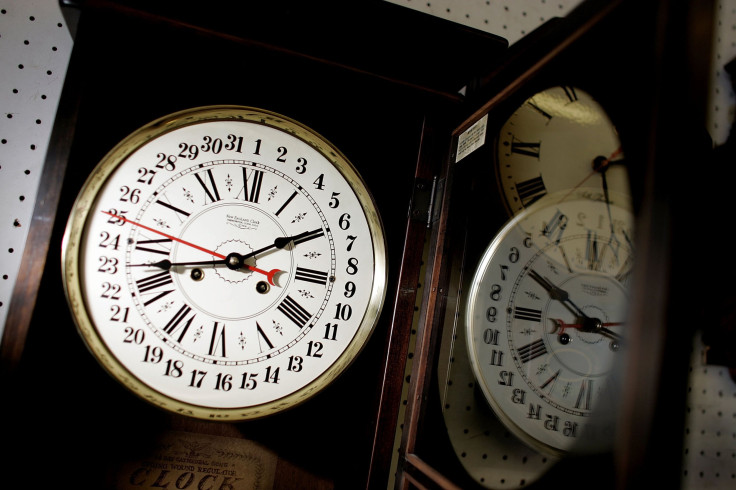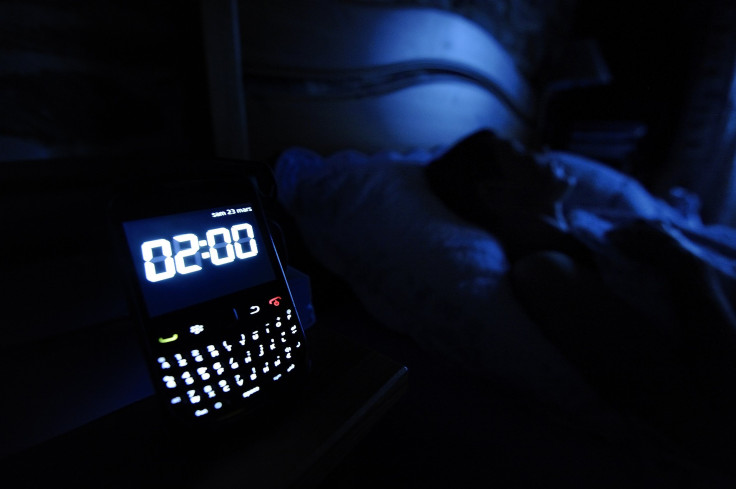When Is Daylight Saving Time? Get Ready To Set Your Clocks Back, Gain An Hour Of Sleep

If you’ve ever wanted to time travel or would just like to sleep in an hour, now is your chance. Daylight saving time ends at 2 a.m., local time, Sunday, which means you get an extra hour in bed. The annual tradition signals the start of shorter days and longer nights. Or to quote HBO’s hit show "Game of Thrones," winter is coming.
Daylight saving time this year began on March 8 at 2 a.m., local time, when most Americans sprung forward an hour. That time change will be reversed Sunday, which means the sun will rise about an hour earlier and will set around 5:08 p.m. EST.
Residents in Hawaii and most of Arizona do not adjust their clocks. The two U.S. states do not observe the longstanding practice and instead stick with standard time year-round, after local lawmakers passed legislation to opt out of the Uniform Time Act of 1966, which established a system of uniform daylight saving time across the nation.

The U.S. government implemented daylight saving time, originally known as fast time, during World War I to cut coal consumption. Recent studies, however, suggest changing the clocks does not actually save energy. A 2008 study published by the National Bureau of Economic Research found the time change in the state of Indiana increased residential electricity consumption by 1 percent overall, with monthly surges as high as 4 percent in the late summer and early fall.
Switching to daylight saving time may also be bad for your heart. A 2014 study of hospitals in Michigan linked an increased risk of heart attacks to losing one hour of sleep from setting back clocks. The same study, which was presented at the American College of Cardiology’s 63rd Annual Scientific Session, found heart attack risk fell 21 percent later in the year when clocks were turned back an hour.
Daylight saving time has also been a source of confusion for some Americans, even though most smartphones, laptops and other devices reset clocks automatically. In a 2011 study from Rasmussen Reports, 35 percent of adult Americans admitted the time change has made them early or late because they forgot to switch their clocks to or from daylight saving time. If you use a traditional clock or watch, be sure to turn it back an hour before going to bed Saturday night so you don’t show up too early for work or appointments.
© Copyright IBTimes 2024. All rights reserved.





















